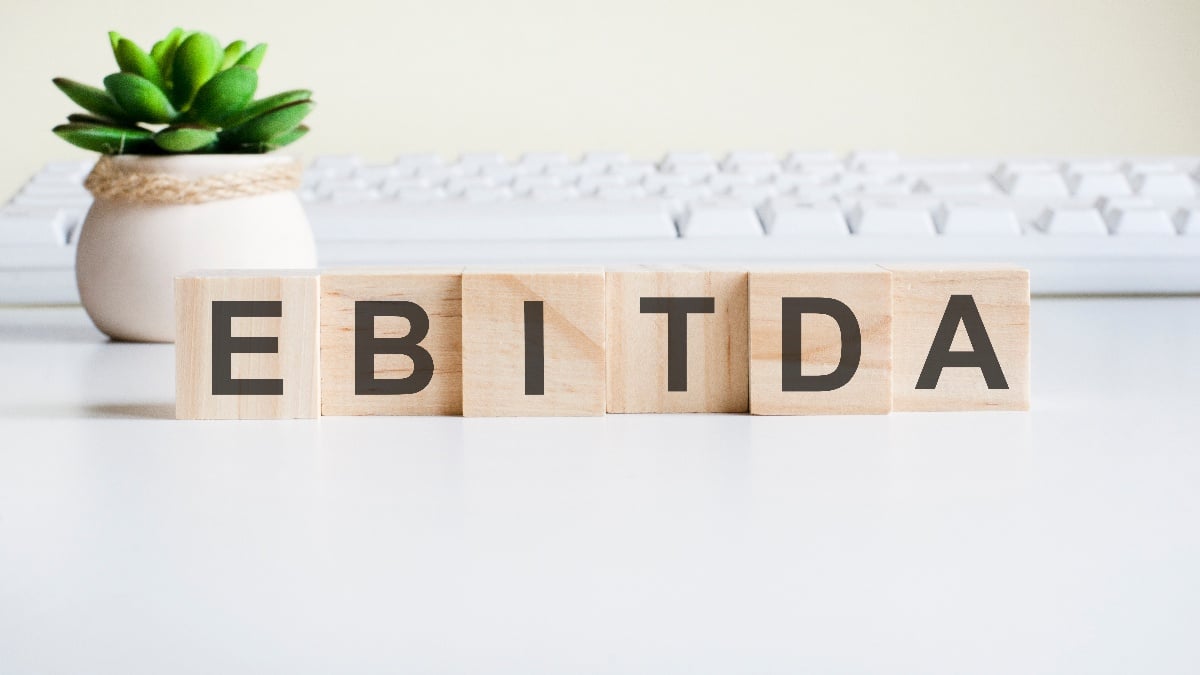EBITDA And What It Reveals About Your Healthcare Practice
Buying or selling a healthcare practice is a big deal—and it’s likely that if you have pursued such an endeavor in recent history, you have probably come across some unfamiliar terms and acronyms that no one taught you about in medical or dental school.
One of those acronyms is EBITA. And in this article, the business and finance consultants at LenDRgroup Consulting are going to break down what it is, what you need to know, and how it is used in healthcare practice valuations.
What is EBITDA?
Let’s start with a definition. EBITDA stands for earnings before interest, taxes, depreciation, and amortization. It is a measure of a company’s overall financial performance. EBITDA can be used to track and compare the underlying profitability of a healthcare practice no matter their depreciation assumptions or financing choices—and tends to translate well during a business ownership transfer.
EBITDA excludes expenses related to the debt of a seller, which is not typically retained when a change in ownership is made. Nor does it include taxes and non-cash accounting deductions (for example, depreciation and amortization).
To summarize, EBITDA is a handy general measure of the cash flow available for a healthcare practice purchaser to realize an ROI and service new debts.
How is EBITDA Calculated?
To determine EBITDA, net income must first be calculated—and this is relatively
straightforward:
- Total Revenue – Total Expenses = Net Income
Then, to convert net income into EBITDA, a few adjustments need to be made and added back to net income.
- Net income + Interest + Taxes + Depreciation + Amortization = EBITDA
Most of that information should be easily accessible on a P&L statement or a tax return.
Then, most healthcare practice buyers will adjust the reported EBITDA figure to understand future performance.
- EBITDA + Other Add Backs + Fair Market Adjustments = Adjusted EBITDA
“Other Add Backs” tends to relate to expenses that were included when calculating net income that a healthcare practice buyer can expect not to continue after a change in ownership, which includes the seller’s personal expenses (that are being listed as an expense of the business) as well as one-time expenses that fall outside of the designation of “normal” practice expenses.
Next “Fair Market Adjustments” are personal compensation adjustments of the owner—usually for tax efficiency. A healthcare practice buyer must budget for paying fair market value for normal practice expenses.
How is EBITDA Used to Value a Healthcare Practice?
For use in a valuation, EBITDA is multiplied by a “valuation multiple,” which is determined by considering a variety of factors.
For healthcare practices, some factors include:
- Multiples paid for similar practices that have recently been sold in the same general area.
- How many practitioners are employed by the organization.
- Local wealth factors and the state of the economy.
- Assessed growth potential.
- The location of the practice, whether it is rural, suburban, or urban in nature.
- The amount of local competition amongst other healthcare practices.
- Reputation factors and the degree of goodwill from consumers.
- The quality of the facility and the equipment, including assessment of expenses that could be considered imminent.
- Unique practice aspects that could add value.
- Risks associated with the practice, including key-person risk, which could negatively impact a buyer in the future.
In order to make this calculation correctly, it is wise to consult with a healthcare practice valuation expert. However, know that an EBITDA margin of 10% or more is considered good.
LenDRgroup Consulting Can Calculate EBITDA
EBITDA is an effective tool when used correctly and in conjunction with other accounting metrics. Plus, it can help a healthcare practitioner who is considering buying or selling a practice make wise decisions.
The LenDRgroup Consulting team would welcome the chance to speak with you about the role EBIDTA plays in effectively selling or buying a practice.
Reach out to our team today and schedule a consultation. We would love to discuss healthcare practice valuation with you to ensure your interests are protected in the short and long term.



